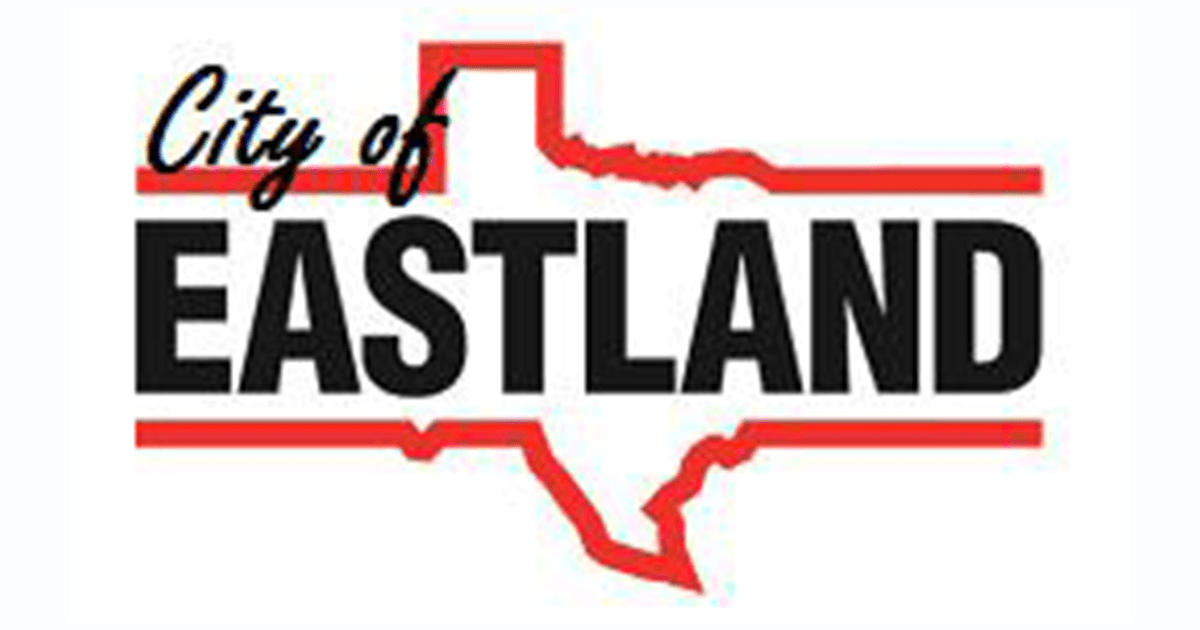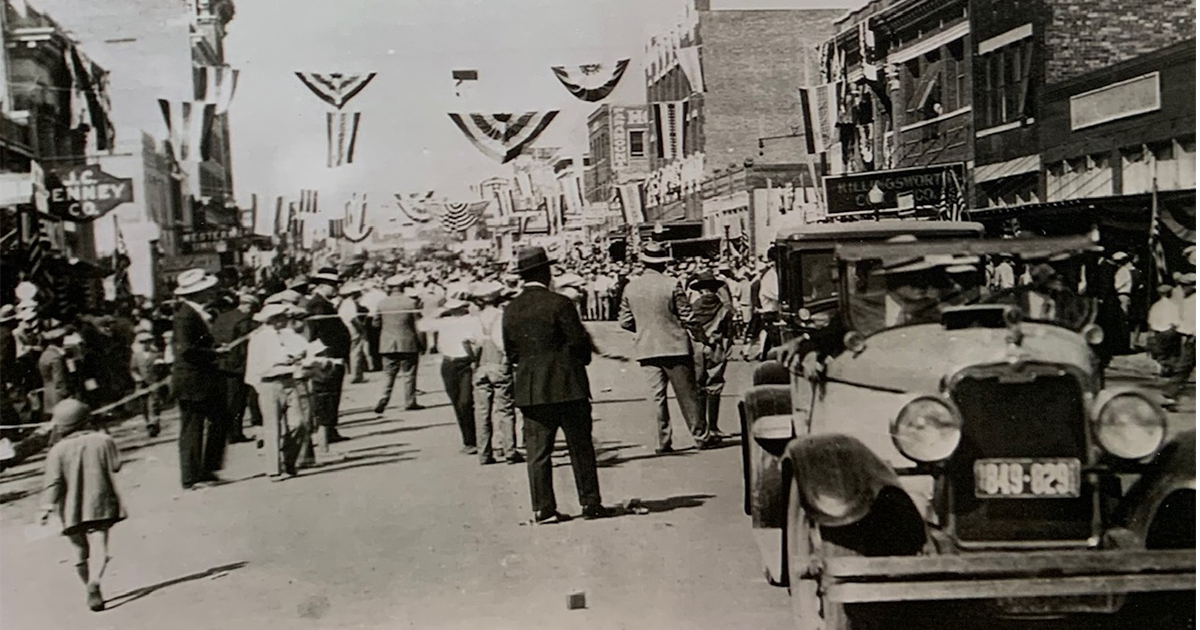
EASTLAND, TEXAS – With the local campaign season upon us, the Code Compliance Department of the City of Eastland wants to remind, and inform political candidates, supporters and opponents, any campaign sign placed within view of the public must follow City and State rules;
City of Eastland Ordinance #720-4 requires no sign be placed within any city or state right of way or easement, upon any utility pole, rock, box, tree or other items. Signs must be a minimum of 15 feet from any curb, or 20 feet from any street where no curb is present. Signs should be placed on the property owner’s side of any sidewalk present. All signs placed must be with the property owner’s permission.
Texas Department of Transportation (TxDOT) strictly forbids the placement of any signs within the state right of ways. In Eastland this includes North Seaman, South Seaman to Burkett and West on Burkett; East and West Main, FM 3101 (N College St.). In most cases along these streets, signs may be placed on the property behind any utility pole line (NOT street light).
State of Texas Ethics Commission requires certain disclosure statements on all political advertising:
1) What Should The Disclosure Statement Say?
A disclosure statement must include the following:
1. the words “political advertising” or a recognizable abbreviation such as “pol. adv.”; and
2. the full name of one of the following: (a) the person who paid for the political advertising;(b) the political committee authorizing the political advertising; or (c) the candidate or specific-purpose committee supporting the candidate, if the political advertising is authorized by the candidate.
The disclosure statement must appear on the face of the political advertising.
The advertising should not be attributed to entities such as “Committee to Elect John Doe” unless a specific-purpose committee named “Committee to Elect John Doe” has filed a campaign treasurer appointment with the Ethics Commission or a local filing authority.
2) When Is The “Right-Of-Way” Notice Required? All written political advertising that is meant to be seen from a road must carry a “right-of-way” notice. It is a criminal offense to omit the “right-of-way” notice in the following circumstances:
1. if you enter into a contract or agreement to print or make written political advertising meant to be seen from a road; or
2. if you instruct another person to place the written political advertising meant to be seen from a road.
II. What Should The “Right-Of-Way” Notice Say? Section 255.007 of the Texas Election Code prescribes the exact language of the notice:
NOTICE: IT IS A VIOLATION OF STATE LAW
(CHAPTERS 392 AND 393, TRANSPORTATION CODE)
TO PLACE THIS SIGN IN THE RIGHT-OF-WAY OF A HIGHWAY.
III. Do Yard Signs Have To Have The “Right-Of-Way” Notice? Yes. The “right-of-way” notice requirement applies to signs meant to be seen from any road. The notice requirement assures that a person responsible for placing signs is aware of the restriction on placing the sign in the right-of-way of a highway.
“We are asking all candidates to police the placement of their campaign signs throughout the city,” Eastland Code Enforcement Officer Terry Simmons said, “because it is your name on the signs, and ultimately you are the one responsible for making sure signs are placed in compliance.”










